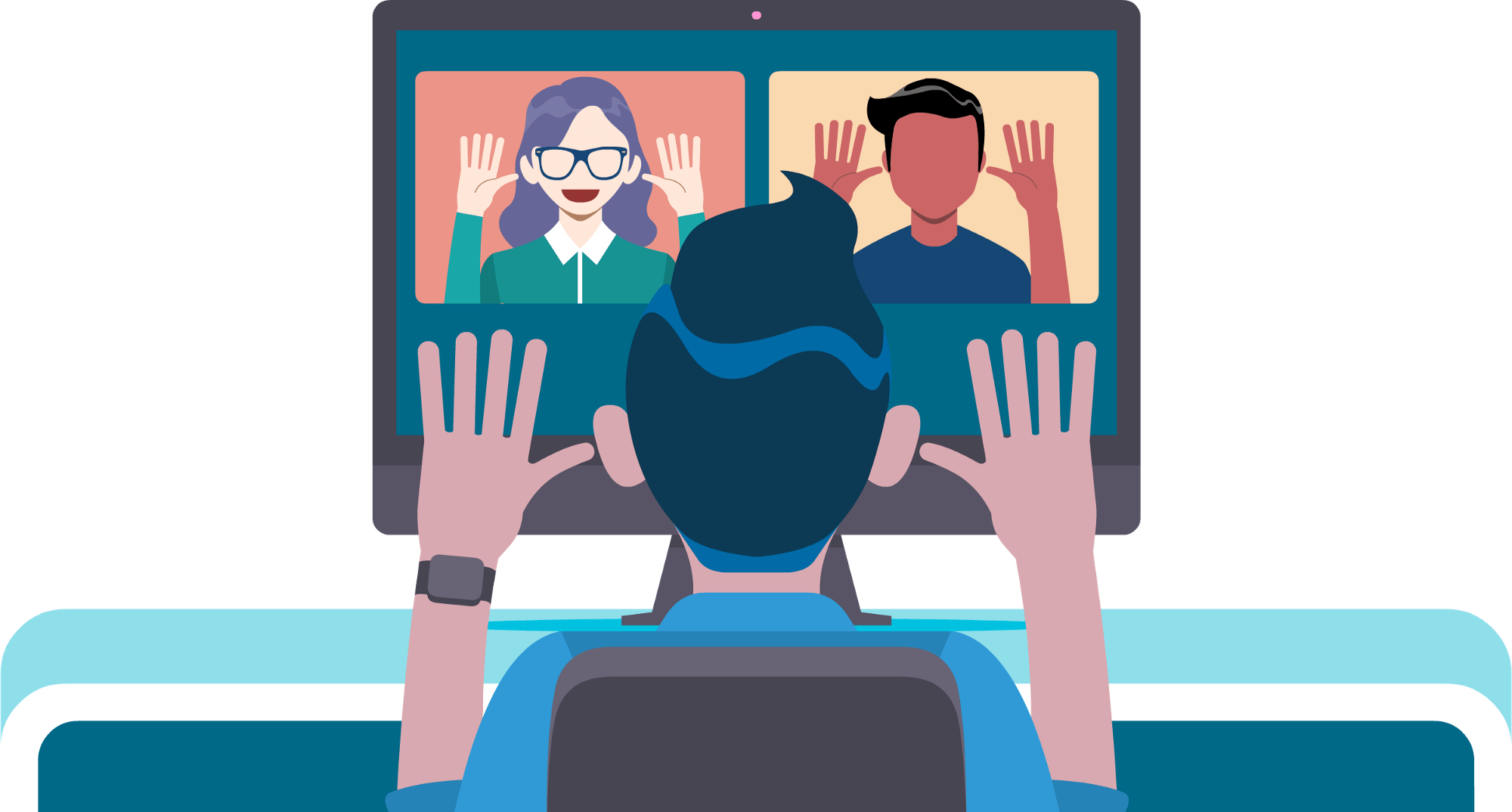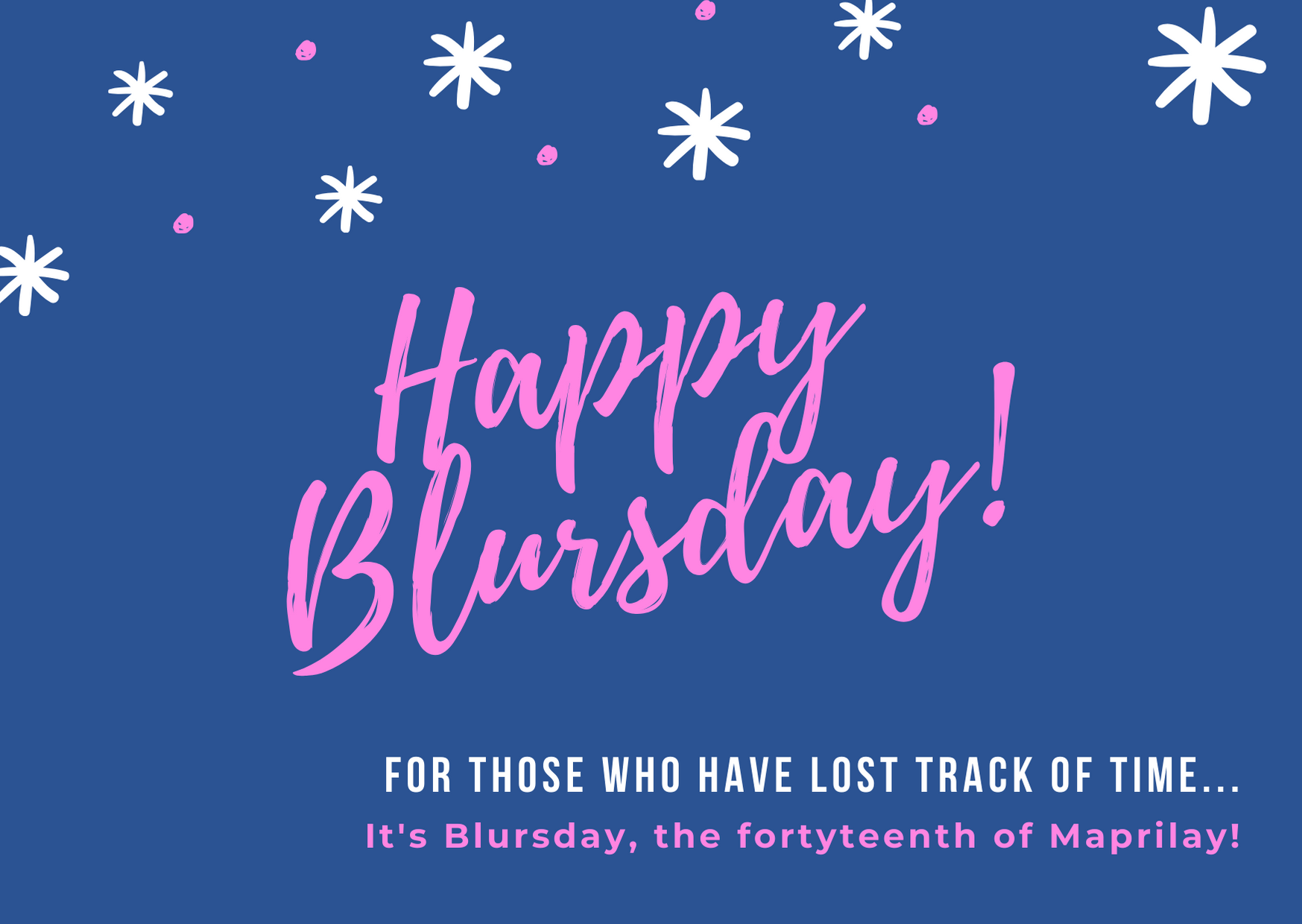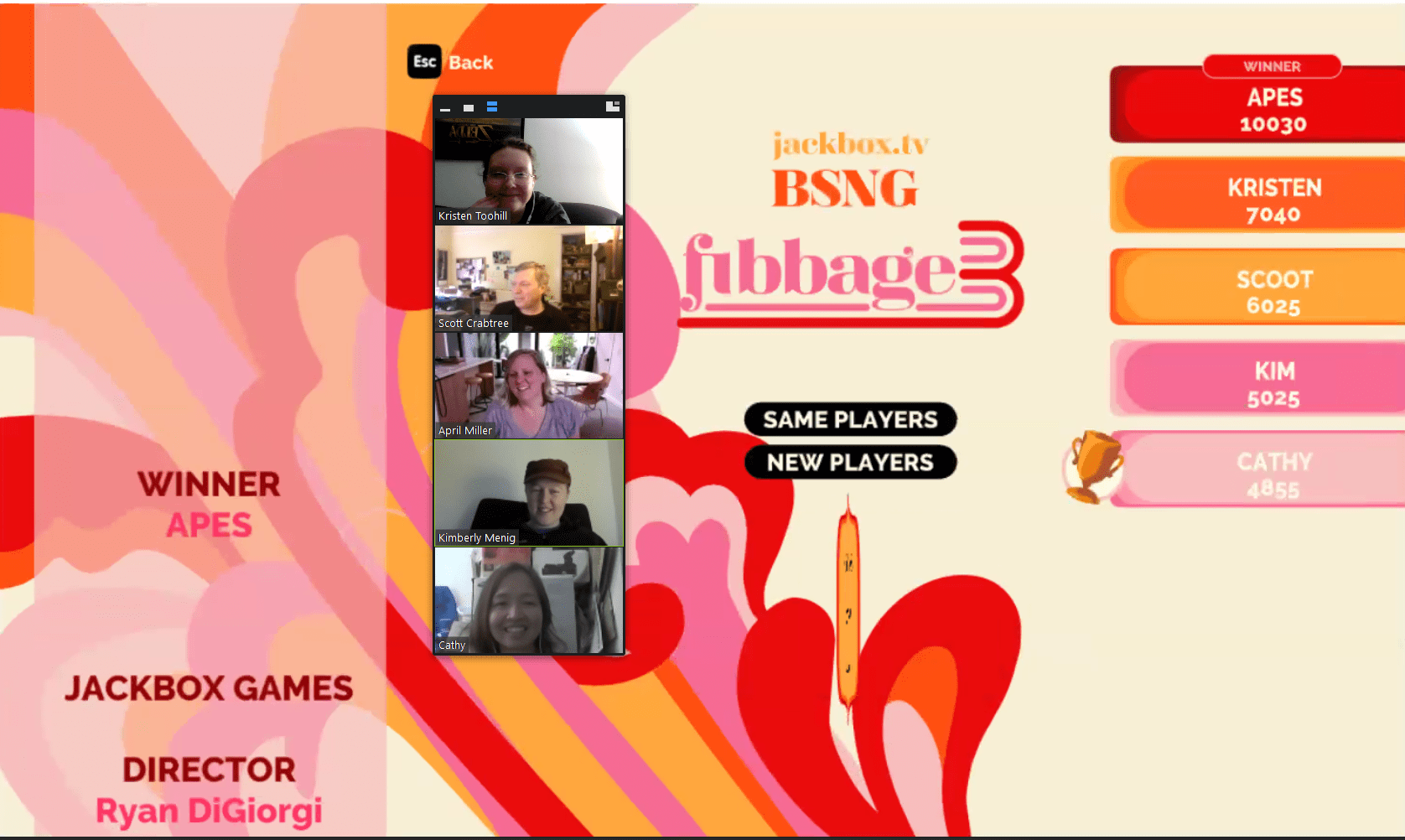
Playing Games to Cope: Behind the Scenes @ Happy Brain Science
 Happy Fortyteenth of Maprilay! How have you been doing in this truly crazy time? If you are like me, you may sometimes find yourself feeling overwhelmed and unproductive during this period of uncertainty. Science suggests that what we’re feeling right now is totally OK. In order to cope, I’ve seen many people taking up comforting, engrossing activities like baking. In my case, I’ve been exercising and distracting myself with my favorite mobile game. And I’m not the only one who’s been playing games to cope!
Happy Fortyteenth of Maprilay! How have you been doing in this truly crazy time? If you are like me, you may sometimes find yourself feeling overwhelmed and unproductive during this period of uncertainty. Science suggests that what we’re feeling right now is totally OK. In order to cope, I’ve seen many people taking up comforting, engrossing activities like baking. In my case, I’ve been exercising and distracting myself with my favorite mobile game. And I’m not the only one who’s been playing games to cope!
We love games here at Happy Brain Science—and we wanted to celebrate a work accomplishment from March. So even in the midst of COVID-19, we brought our remote team together to play a game over video conferencing. As world events continued to evolve, little did we know that playing together would also help us cope as a team.
Early last month, Scott, Kim, Kristen, April, and I gathered for a virtual happy hour to play Fibbage. Fibbage is a party game in which players make up multiple choice responses to trivia questions and try to “outfib” each other (while also guessing the truth). We tried the original version, then switched to Fibbage: Enough About You, both of which we enjoyed immensely.

The Experience
The experience of playing Fibbage is definitely something I’d recommend (at least for a PG-13 crowd). And I’d be more than willing to repeat it with my colleagues at Happy Brain Science! It provided a nice break from our usual work responsibilities, improved our moods, and allowed us to get to know each other a bit better. In addition to having fun, we noticed some key ways in which playing together benefited us. I’ve identified 4 main themes based on what we discovered: Connection, Creativity, Levity, and Positivity.
Connection
“The biggest perks of the experience for me were positive anticipation, immersiveness, shared laughter, and an increased sense of connection despite physical isolation.” – Kim Menig, Coach & Coordinator
With social distancing, shelter-in-place, and physical isolation becoming the new normal, most of us are now “starved for contact.” Isolation can trigger cravings in our brain akin to experiencing hunger. When we had our online game, it felt great to finally be able to connect with others mainly for fun.
As simple as the game was, it helped us stay engaged and give our full attention to each other. It required us to listen keenly to the instructions for each round, as well as to the answers each of us gave. Not only did we enjoy interacting in the moment—we also gained new insights about each other and strengthened our rapport for the long-term.
Creativity
“Personally, it was a helpful distraction during this time of uncertainty and it gave me a creative boost in the end!” – Cathy Jimenez, Happiness Coordinator/Facilitator
Fibbage required us to think quickly on our feet to provide persuasive answers in a short time. This challenged our creativity, even if it was on a simpler scale than, say, a full-blown systems issue at work.
The role of creativity was significantly highlighted when we switched to Fibbage: Enough About You. In this version, each of us answered a personal question truthfully, then other players tried to come up with believable answers to fool each other. We each had to think, “How would my colleague answer this question?” and generate a compelling possibility.
And others’ made-up answers—would you believe it—sometimes seemed more realistic than the actual ones we’d provided! (On top of that, the experience led me to be inspired to write this blog post—a great stimulus to my creative juices!)
Levity
“I looked forward to our gaming & happy hour session, thinking it would bring some levity at the end of a long week. And it delivered! There was also an added benefit of getting to know team members on a deeper level than just their email-writing style! We laughed and showed our ‘real’ selves. Very refreshing, and so, so fun.” – April Miller, Creative Director/UX Designer, Simple Dot LLC
What is happening in the world today is no laughing matter. However, science tells us that there are ways to help make serious situations easier—including the use of humor and laughter! Not only can laughter help reduce stress, it can also increase serotonin levels in the body, which contributes positively to our well-being and happiness.
The hour that we spent together playing the game provided many opportunities for hilarity and hearty laughter. Some of the answers even left me in tears, I was laughing so hard!
Positivity
“It felt good to celebrate something. Life goes on, even under lockdown. I think there’s a tendency to feel guilty about celebrating or feeling happy (or even feeling okay) while the pandemic is going on… but focusing only on the negative would drive anybody crazy. Having something good happen during this time does not disrespect the bad things also happening… and choosing to savor what is good is healthy.” – Kristen Toohill, co-author (with Scott Crabtree) of All Work & Some Play: Future-Proof Your Career through Games
We are going through tough times indeed. It’s okay not to be okay, especially as we’re navigating a major shift in life as we know it. However, while it may be difficult, finding sources of optimism has important benefits for our mental health, and even our immune system.
Playing Fibbage with the team helped us reduce our negativity bias and savor the good moments we were able to experience together.
Play Games To Cope…At Work!
Many organizations have put the concept of colleagues gaming together into play (pun intended). In fact, the founder of Riotly shared an article outlining how he used Fibbage as one of several tools to skyrocket his team’s productivity (which was part of our inspiration to give it a try). Dr. Sivasailam “Thiagi” Thiagarajan has also provided real-world examples of play and gamification at work.
What games have you played recently that improved your mood and ability to cope in this trying time? What games would you like to explore? We’d love to know your thoughts in the comments, or at happysupport<at>happybrainscience.com.